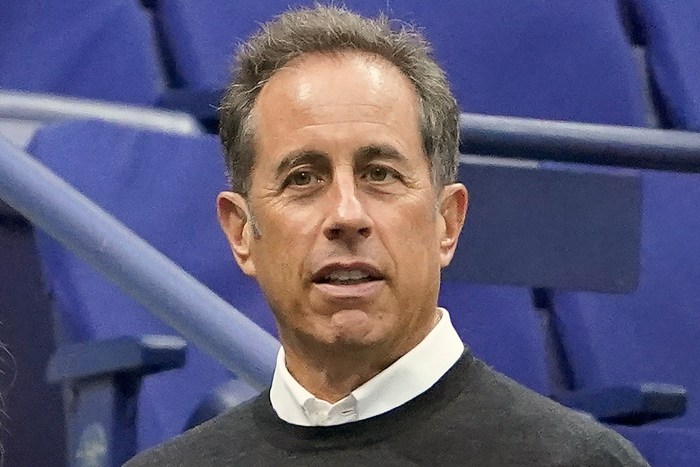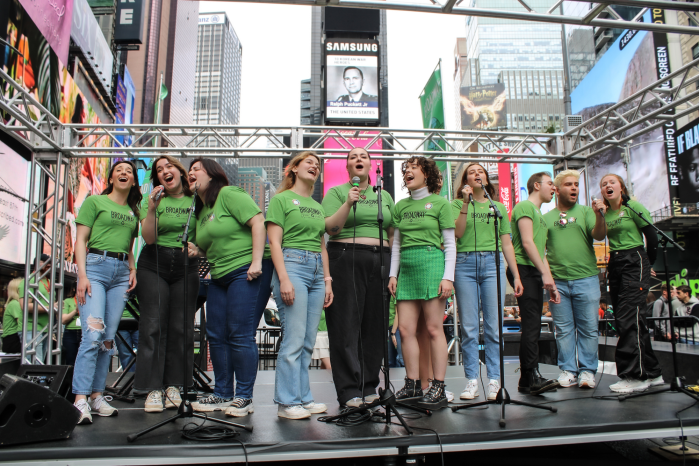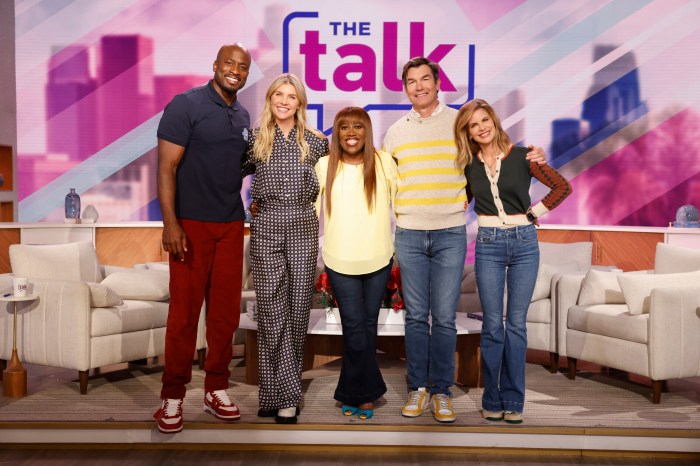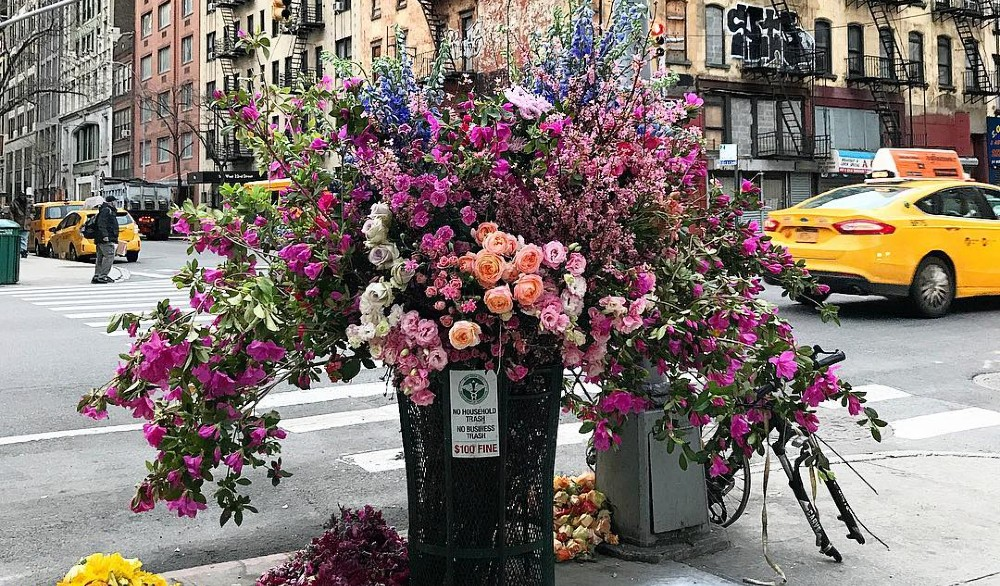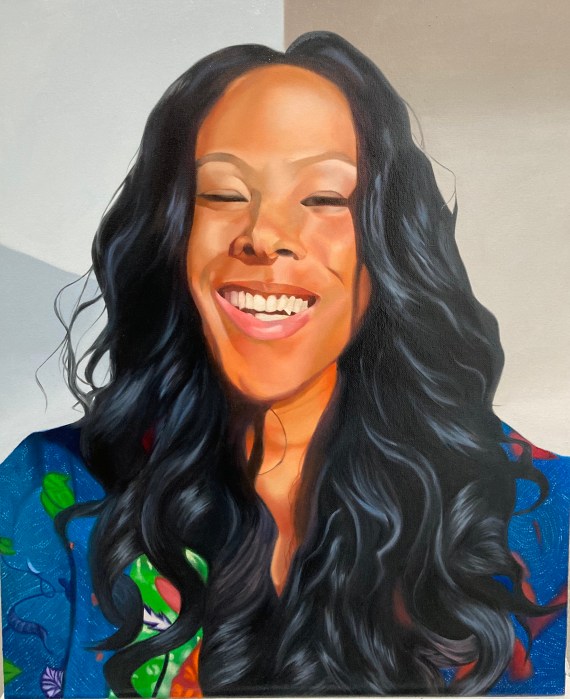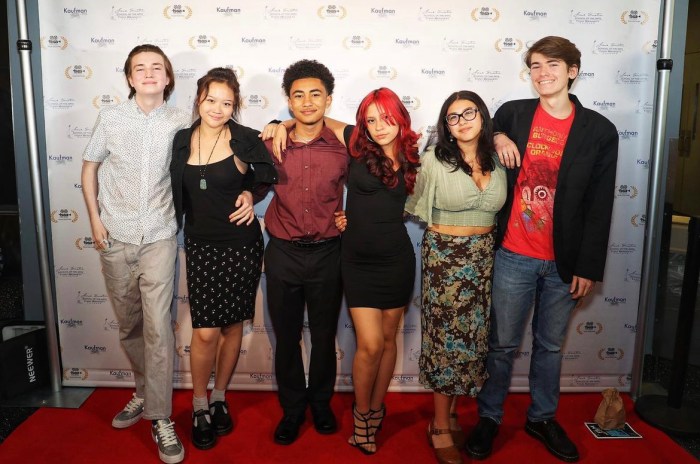Where the feminism movement leads, does “Gilmore Girls” follow?
Creators Amy Sherman-Palladino and Dan Palladino find it “ridiculous” that some fans and publications have questioned the series’ representation of women.
“I think it’s absurd to say that ‘Gilmore Girls’ was anti-feminist,” Sherman-Palladino said while promoting her new series “The Marvelous Mrs. Maisel” in Manhattan this week. “I literally think it’s the worst thing I’ve heard since [President] Donald Trump was elected. Literally, Donald Trump is the new president might actually now be second to ‘Gilmore Girls’ isn’t feminist. I think that’s ridiculous.”
Sherman-Palladino said it was the first time she’d ever heard that viewers (even some loyal fans) felt disappointed by the “anti-feminist” storylines plastered on Lorelai and Rory Gilmore, played by Lauren Graham and Alexis Bledel, respectively, in the Netflix revival, “A Year In the Life.”
“Gilmore Girls” is known for its witty, outspoken female leads who follow a rags-to-riches path (with a little help in terms of riches) in the fictional town of Stars Hollow. It has been praised for this dynamic and called “sneakily feminist” by Graham, but some critics claimed that producing a series by, about and starring women wasn’t enough.
Instead, some saw it as a series about a self-indulgent, privileged mother-daughter duo who failed to represent women in a majority — especially after tuning into the revival. After its release, Vice called it a “feminist fantasy for whiny white people” and other publications found Rory to be “unrecognizable.”
The youngest Gilmore daughter went from reporting on then-presidential candidate Barack Obama’s 2008 campaign to being an unemployed, struggling journalist who can’t find a job, home, some items of her clothing or cellphone service at age 32.
Other opposing views included claims that its arguably stereotypical representation of differing cultures (Lane’s parents) and body types (that pool scene in “Summer”) didn’t encompass an ideal of equality and inclusion that a truly feminist series would.
In response to these critics, Sherman-Palladino pressed that her characters and overall storyline are feminist and that she “doesn’t know what they were watching.”
“I feel like they were watching a different channel,” she said. “I didn’t read any of that.”
Palladino chimed in, joking: “We don’t read anything — well, we read books, just not the internet.”
“This is why I’m not on the internet or any sort of social media because I would not get out of bed in the morning,” Sherman-Palladino added.
While the Palladino team hasn’t officially confirmed any news of a second season of “A Year In the Life,” they did say it’s a “definite possibility.”










